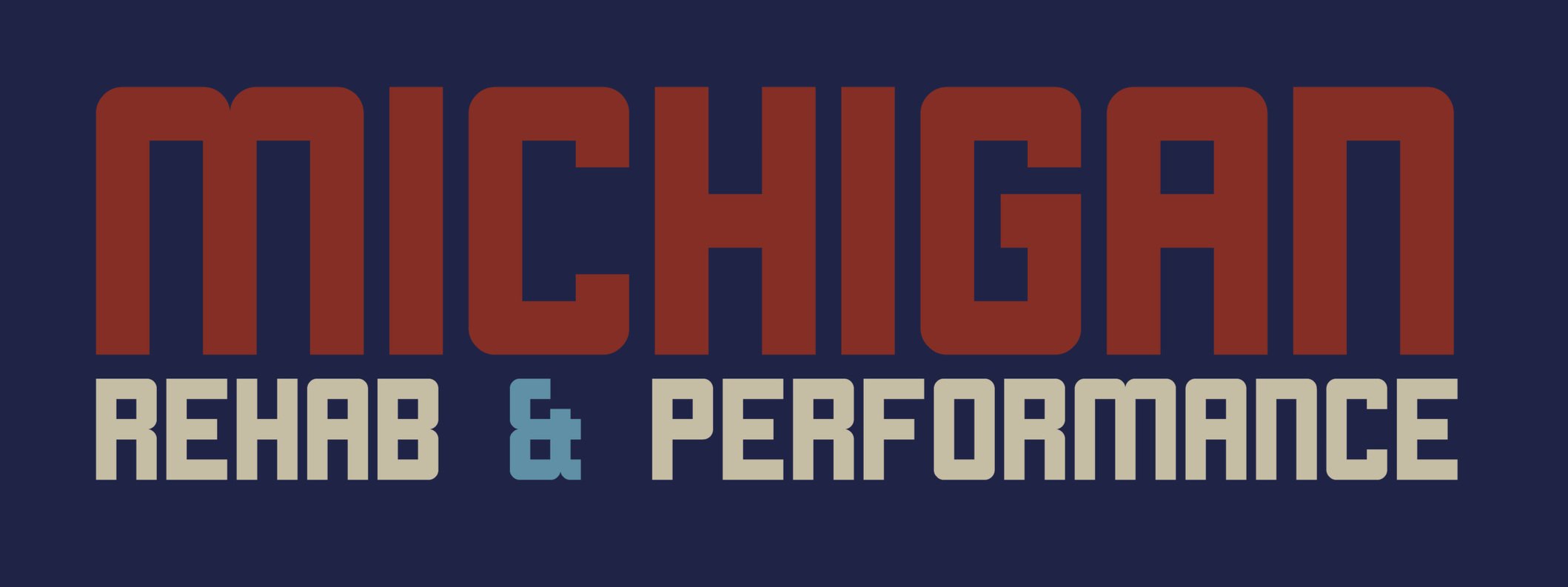The Power of Sleep and Recovery: Unlocking Your Body’s Potential
In a world that glorifies hustle and productivity, sleep and recovery often take a backseat. Yet, these two pillars are essential for optimal physical, mental, and emotional health. Whether you're an athlete pushing your limits, a professional juggling deadlines, or simply someone striving to live their best life, prioritizing sleep and recovery can be a game-changer.
Why Sleep and Recovery Matter Sleep is not just a time when your body shuts off; it’s a dynamic process where critical repair, restoration, and growth occur. Recovery, on the other hand, encompasses the practices both during sleep and waking hours that allow your body and mind to heal from stress, exercise, or daily wear and tear.
Together, sleep and recovery:
-Recharge your brain: Sleep enhances memory, focus, and decision-making.
- Repair your body: Muscles grow, tissues heal, and energy stores replenish.
- Balance your emotions: Adequate rest reduces stress, anxiety, and mood swings.
- Boost performance: From athletic feats to creative problem-solving, recovery primes you for success.
Neglecting sleep and recovery can lead to burnout, weakened immunity, poor performance, and even chronic health issues like heart disease or depression. In contrast, prioritizing them unlocks your full potential.
The Science of Sleep Sleep is divided into cycles, each lasting about 90 minutes, consisting of non-REM (light and deep sleep) and REM (dreaming) stages. Each stage plays a unique role:
- Non-REM sleep: Deep sleep promotes physical recovery, tissue repair, and immune function.
- REM sleep: Supports brain health, memory consolidation, and emotional regulation.
During sleep, your body releases growth hormone, which aids muscle repair and recovery. Cortisol (the stress hormone) levels drop, allowing your nervous system to reset. Meanwhile, your brain processes information, strengthening neural connections to improve learning and creativity.
How much sleep do you need?
Most adults require 7-9 hours per night, though individual needs vary. Athletes or those under high stress may need closer to 9-10 hours to fully recover.
The Role of Recovery isn’t just about sleep—it’s about giving your body and mind intentional time to heal. Active recovery (light movement like yoga or walking), nutrition, hydration, and stress management all play a role. Here’s why recovery matters:
- Muscle repair: Exercise creates micro-tears in muscles. Recovery allows them to rebuild stronger.
- Energy restoration: Glycogen (energy) stores in muscles and the liver are replenished.
-Mental reset: Recovery practices like meditation or downtime reduce mental fatigue and improve focus. Without adequate recovery, you risk overtraining, injury, or mental burnout, which can derail your goals.
Benefits of Prioritizing Sleep and Recovery
1. Enhanced Physical Performance: Studies show that well-rested athletes have better reaction times, endurance, and strength. Sleep improves coordination and reduces injury risk.
2. Improved Mental Clarity: Sleep boosts cognitive functions like problem-solving, creativity, and decision-making. Recovery practices like mindfulness enhance focus and resilience.
3. Stronger Immunity: Sleep regulates immune function, helping you fight off infections. Chronic sleep deprivation increases susceptibility to colds and flu.
4. Better Mood and Stress Management: Sleep regulates serotonin and dopamine, key players in mood. Recovery practices like stretching or journaling lower cortisol levels.
5. Longevity and Health: Consistent sleep and recovery reduce the risk of obesity, diabetes, heart disease, and mental health disorders.
Practical Tips for Better Sleep and Recovery Ready to make sleep and recovery a priority? Here are actionable strategies to get started:
1. Optimize Your Sleep Environment
-Keep it dark, cool, and quiet: Use blackout curtains, a fan, or earplugs to create an ideal sleep space.
- Limit screen time: Blue light from phones and computers suppresses melatonin, the sleep hormone. Avoid screens 1-2 hours before bed or use blue-light-blocking glasses.
- Invest in comfort: A supportive mattress and pillow can make a big difference.
2. Establish a Bedtime Routine
- Wind down with calming activities like reading, meditation, or a warm bath.
- Stick to a consistent sleep schedule, even on weekends, to regulate your body’s internal clock. - Avoid caffeine, alcohol, and heavy meals close to bedtime, as they can disrupt sleep.
3. Incorporate Active Recovery
- Try low-intensity activities like stretching, foam rolling, or walking on rest days to promote blood flow and reduce muscle soreness.
- Practice yoga or tai chi to combine movement with stress relief.
4. Fuel Your Body
- Eat a balanced diet rich in protein, healthy fats, and complex carbs to support muscle repair and energy replenishment.
- Stay hydrated—dehydration can impair recovery and sleep quality.
- Consider timing: A small protein-rich snack before bed (like Greek yogurt or a handful of nuts) can aid overnight muscle repair.
5. Manage Stress
- Practice mindfulness, deep breathing, or journaling to reduce cortisol and promote relaxation.
- Limit over-scheduling and build downtime into your day to prevent burnout.
6. Listen to Your Body
- Pay attention to signs of overtraining or sleep deprivation, such as irritability, fatigue, or poor performance.
- Adjust your routine as needed—sometimes an extra rest day or an earlier bedtime is the best choice.
Making Sleep and Recovery a Lifestyle The key to reaping the benefits of sleep and recovery is consistency. Start small—maybe aim for an extra 30 minutes of sleep or add a 10-minute stretching routine to your day. Track how you feel after a week of prioritizing rest. Chances are, you’ll notice sharper focus, better energy, and a brighter mood. In a culture that celebrates “grind,” choosing rest is a radical act of self-care. By honoring your body’s need for sleep and recovery, you’re not just surviving—you’re thriving.

